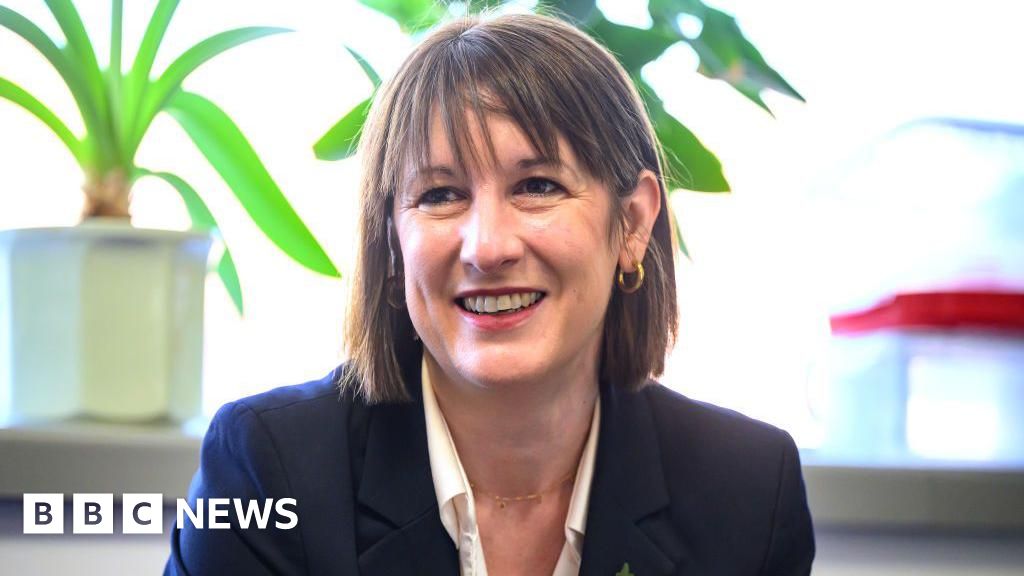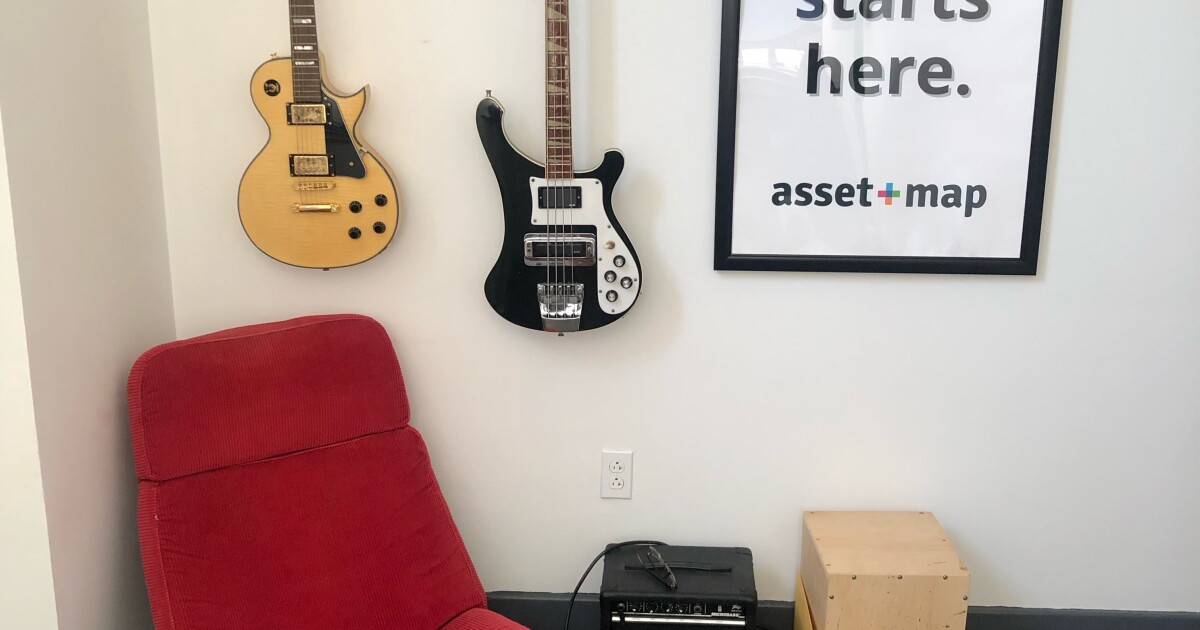Maybe you’ve seen it while traveling for work, too. Since the pandemic, many hotels across the U.S. have moved to a, let’s say, housekeeping-optional model, and travelers who want their room cleaned every day have to say so, rather than assume it will be done automatically.
But figuring out how to convey the request for beds to be made or towels replaced daily can be a maddening exercise in code-breaking.
Abhishek Singh, who travels often for his job as a tech analyst, recalls the first time he learned that housekeeping was now optional. In the spring of 2022, he returned to his room at a Seattle conference at 9:30 p.m., after 12 hours on his feet, and found the bed unmade and “towels strewn around.” He called the front desk to learn that the hotel, a Marriott, didn’t offer daily housekeeping. He says when he tried to request it the following morning, he was given a flat-out no. In other hotels, Singh says he’s requested daily housekeeping at 10 a.m., only to be told that he should have made the request by 9 a.m. to be accommodated.
A Marriott spokesperson told Fortune they could not comment on this particular incident, and also that “in the U.S. and Canada, how often housekeeping service is provided varies by hotel segment and guests may personalize their housekeeping preferences during the booking process.”
Singh told Fortune he’s so tired of tussling with hotel management he’s developed a hack, where, instead of booking one room for several nights, he’ll book two rooms for one night each, and will check out in the daytime to attend his conference.
“I travel with just one carry-on; in the morning I just check out and then I check in,” he said. Once, he came clean to the front desk, and offered to stay in the same room if they would clean his room that day, counter to its normal policy. (He says they agreed.)
But Singh is still frustrated at what he feels is deceptive behavior from hotels that charge him between $200 and $500 a night—although he recalls staying at an $800-a-night property in New York that also didn’t clean overnight.
“My logic is, I’m paying the same room rate a night as a person who is staying only for one night. That person gets a room that is neat and clean—why am I not getting it?” Singh told Fortune. “It’s not like they are giving me a bulk discount for staying for five nights,” he said.
Courtesy of Abhishek Singh
The hotel industry is back to where it was, but it’s different
Nationwide, travel is on the upswing. Hotel occupancy this year was nearly on par with 2019, according to industry data, and room rates are well above last year’s levels.
With travel back in full force, Singh said he hasn’t paid less than $400 a night over the past six months. Singh has frequent-traveler status with both Hilton and Marriott, but that status has brought his only apologies from management when he complains—no change to the policy.
He also grates at hotels that describe reduced cleaning as ecologically friendly, calling it “virtue signaling,” he said. “I’m not even asking you about changing the towels, just basic things like making the bed, removing the trash.”
Hotel workers are also pushing back against the idea that reduced cleaning is an environmental boost. When two or three guests stay in a room and it’s cleaned only on checkout, that means more time, more cleaning products, and a harder job, said Lucy Biswas, a housekeeper at the Washington, D.C., Hilton. In the depths of the pandemic, the hotel sometimes staffed as few as six housekeepers to clean a full-occupancy building, rather than the 40 that would work on a typical day pre-pandemic, according to Biswas’ union, Unite Here Local 25.
“When they leave for a room for three days, the trash in the rooms smells, the trash is all over the floor,” Biswas said. “When a family comes in, there’s plenty of sawdust, syrup on top of the desk, or dust, or crumbs… sometimes, we don’t even finish the rooms because they’re so filthy.”
In Washington, D.C., housekeeping has become a political issue—the city council last year passed a temporary law requiring daily cleaning; hotel workers are hoping the law will be made permanent. Las Vegas had passed a similar law during the pandemic but reversed the requirement earlier this year.
A Hilton spokesperson told Fortune it plans to bring back daily housekeeping this fall “at all of Hilton’s Luxury, Full Service, Lifestyle and Embassy Suites by Hilton hotels worldwide,” and added: “Guests visiting focused service and extended-stay hotels in the U.S. and Canada will receive automatic service every other day or can simply stop by the front desk to request more frequent service as desired.”
Most industry watchers believe that hotels will go back to daily housekeeping—once they have to. “At some point consumers will stop being willing to pay as much as they are doing for hotels where they are no longer getting housekeeping,” said Sean O’Neill, hotel editor for the travel website Skift.
For some travelers, that day can’t come soon enough.
“Doing my own cleaning—I’d assume that would be the case for an Airbnb,” said Singh. “But with a hotel there are certain assumptions, that you’re paying for more than the four walls and bathroom. What is that extra that I’m paying more for?”
Credit: Source link











